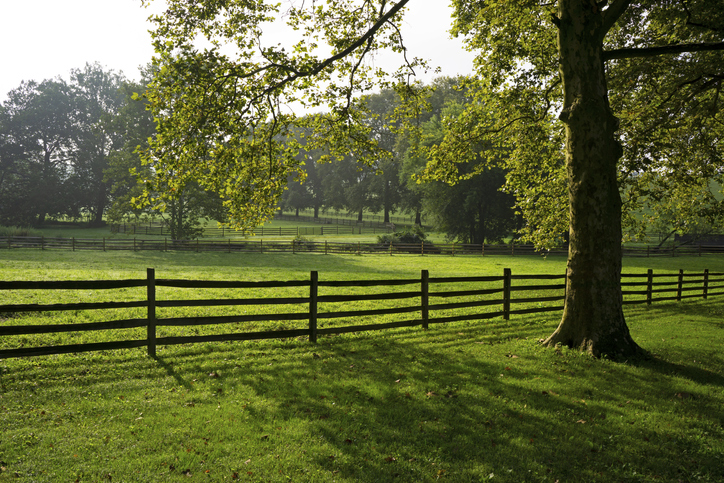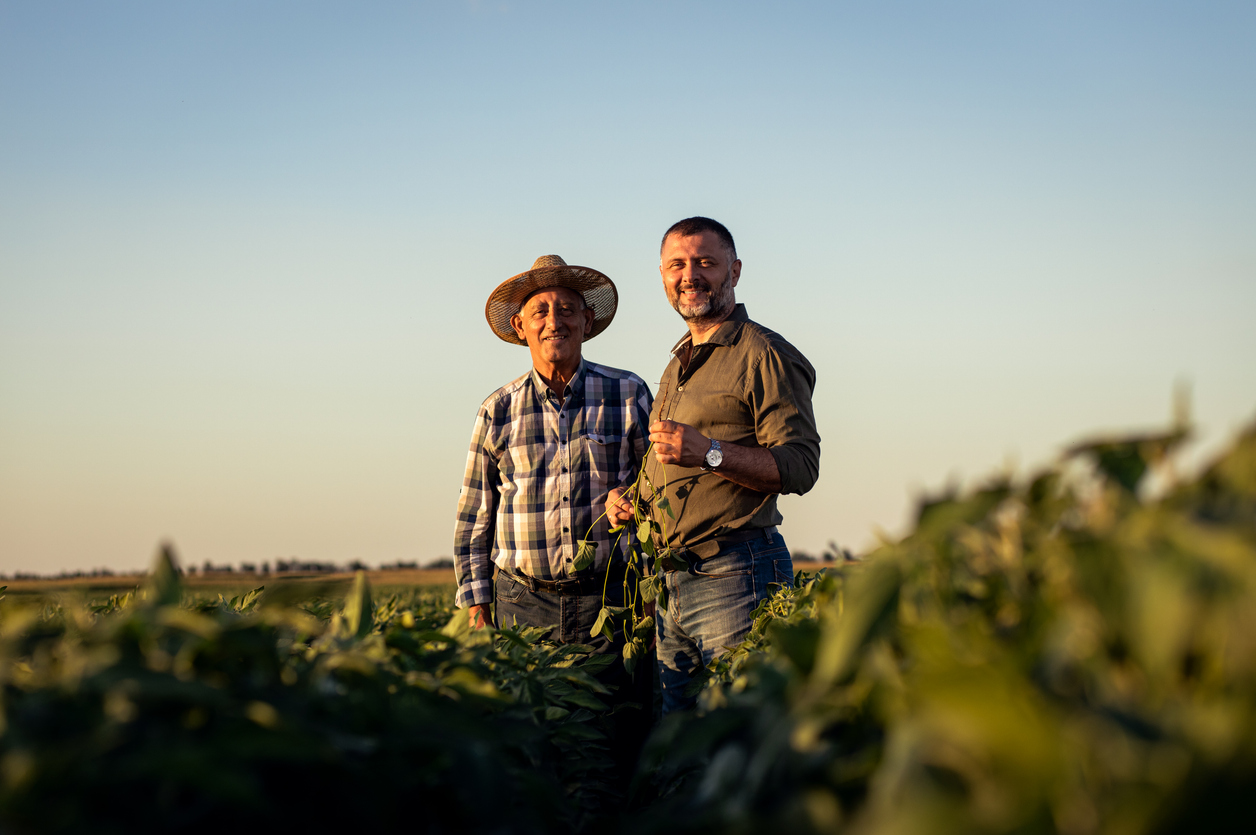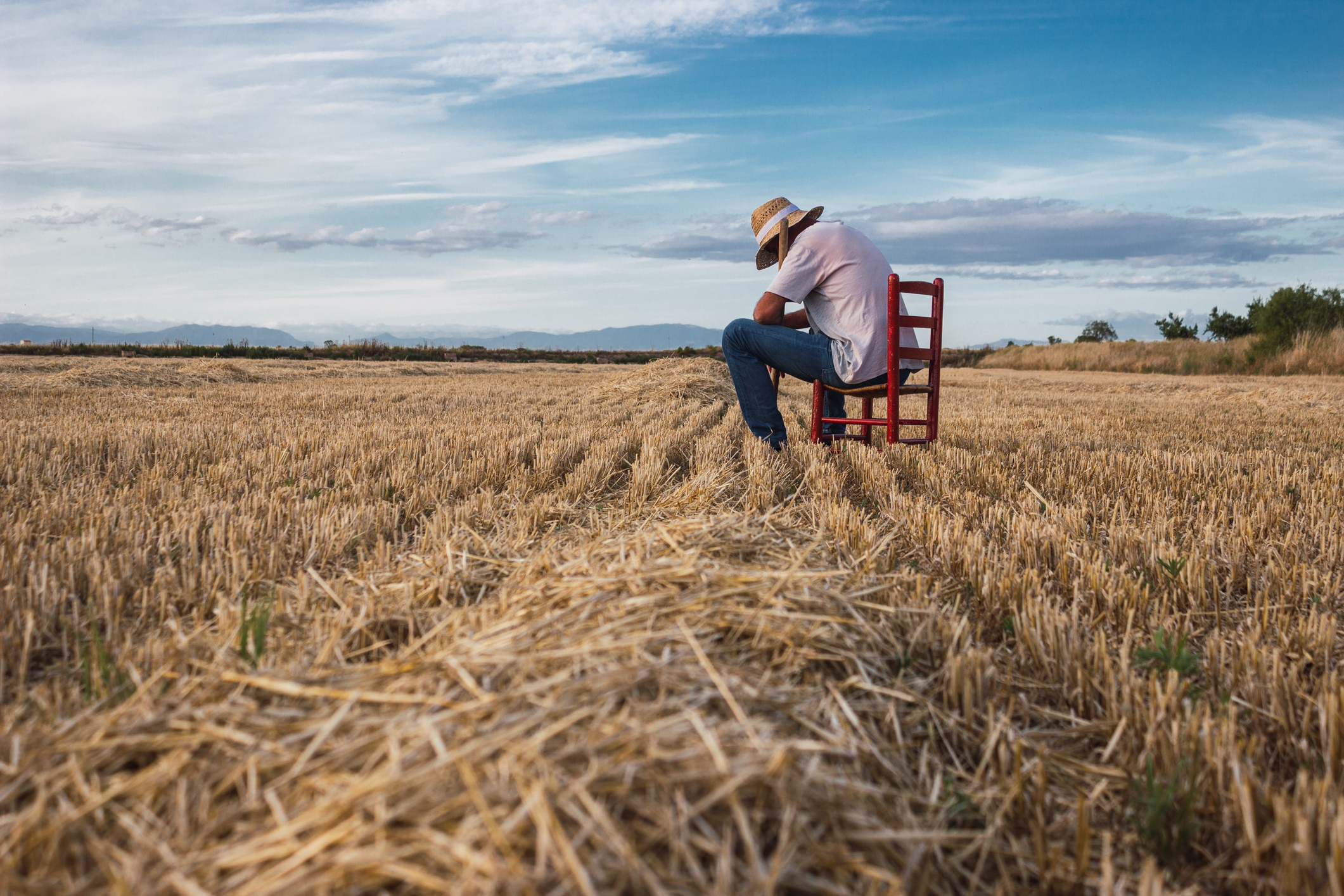Key Findings
1. The unique circumstances of some agricultural land and timberland sales make them potentially subject to regular real estate tax transactions, despite supposed protections in place.
2. When sorting through tax policies, concerns for personal autonomy should be at the forefront and the rights of the landowner should be considered as a critical guiding factor in how tax rates are applied.
3. The current Real Estate Excise Tax (REET) rate for qualifying agricultural land and timberland is 1.28 percent.
4. The subjective nature of “highest and best use” should be replaced with an objective structure that allows landowners to define their own land-use needs.
5. The political chess that goes into land use and real estate taxation decisions throughout our state restricts the freedom to do as one chooses with one’s own land.
6. Washington state would benefit greatly from allowing landowners to do as they wish with their land with minimal arbitrary interference from state regulators.
Introduction
Artist Andy Warhol said, “I think having land and not ruining it is the most beautiful art that anybody could ever want to own.” While the ultra-urban pop artist was as far from being a farmer as one could be, his words nevertheless ring true in agriculture. Land, and particularly the ability to use it for the cultivation of crops or raising livestock, is protected both by a legal land designation and by a partial tax credit in Washington state.
Both of these regulatory structures, on the surface, are intended to ensure farmland serves the public interest by being retained for the primary function of food production. The Open Space Taxation Act, enacted in 1970, allows landowners to have their “open space, farm and agricultural, and timber lands valued at their current use rather than their [theoretical] highest and best use” in an effort to preserve those spaces for the benefit of our state. The partial agricultural exemption within the real estate excise tax (REET) provides a similar public function – offering an incentive for keeping farmland in food production activity to help provide for basic human needs.
While both policies are critical drivers for keeping agriculture as a major contributor to Washington state’s economy, even in difficult times, there are some problems with the application of both when looking at the diversity of agriculture statewide. King, Pierce, and Snohomish counties have unique problems that are not helped by the penalties of the agricultural exemption built into the REET, while vague phrases like “highest and best use” are subjective in nature and application. When sorting through tax policies, concerns for personal autonomy should be at the forefront and the rights of the landowner should be considered as a critical guiding factor in how tax rates are applied.
Read the full Policy Note here.






